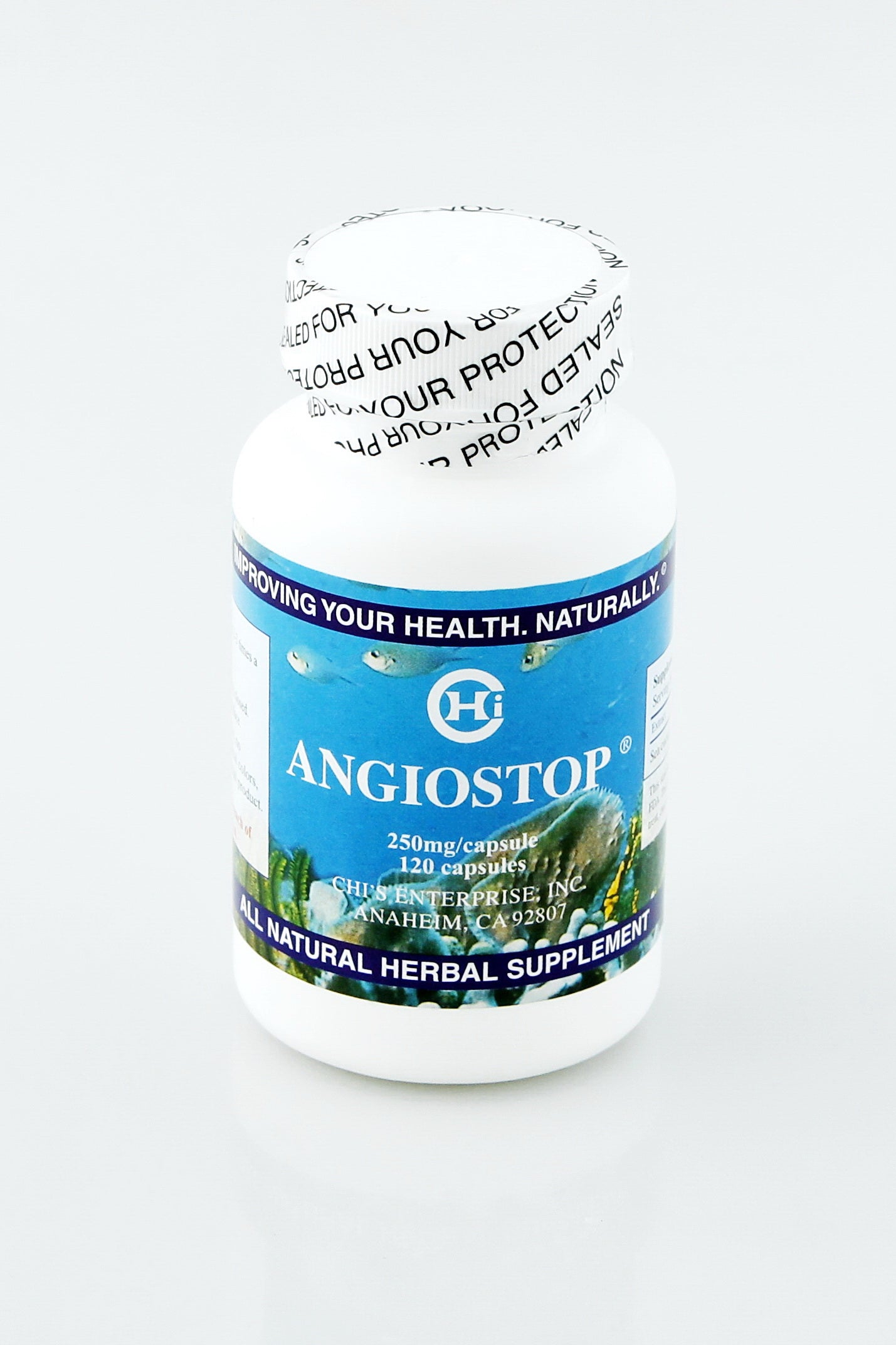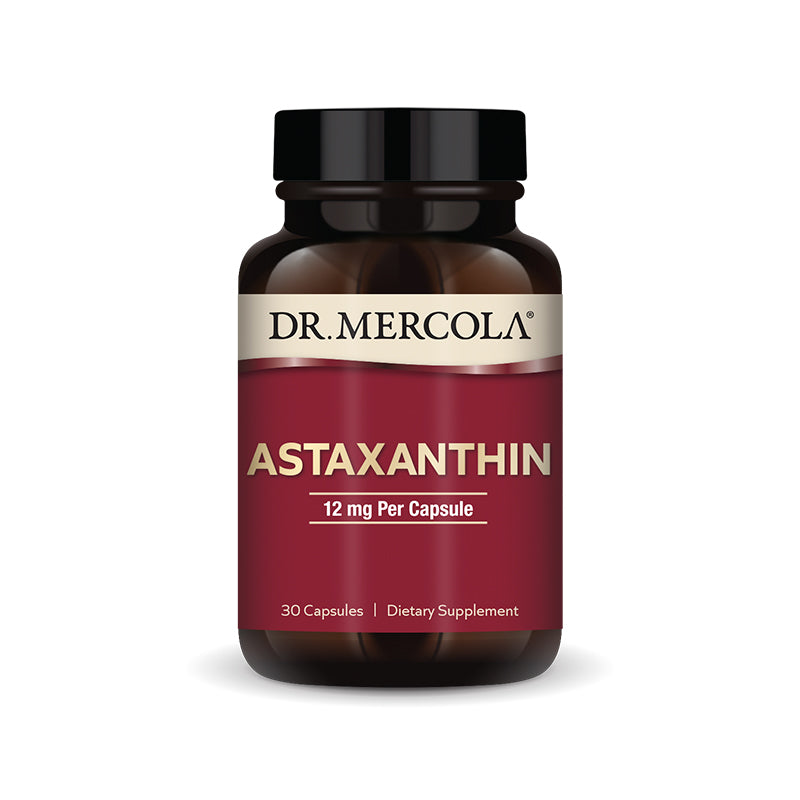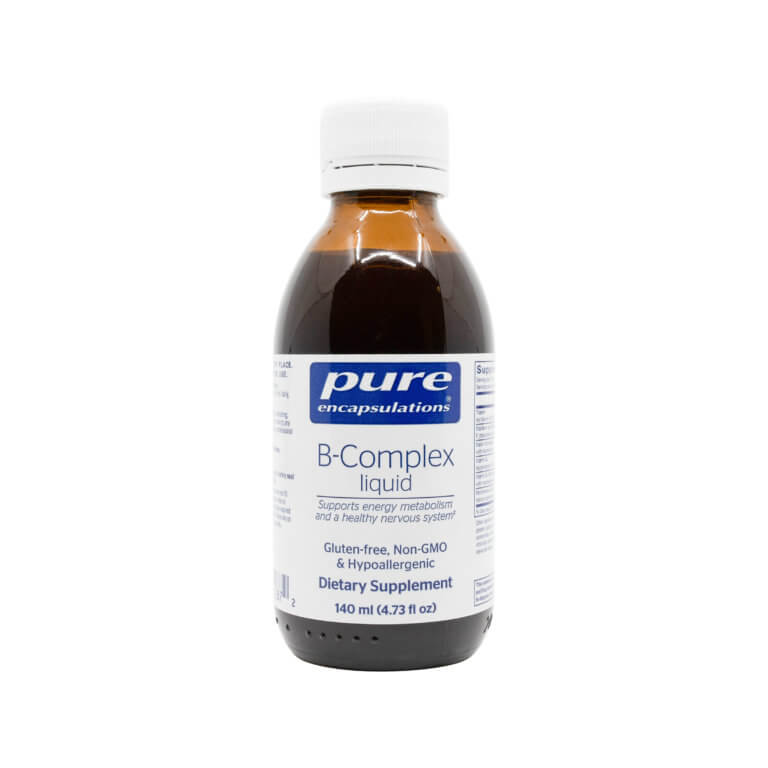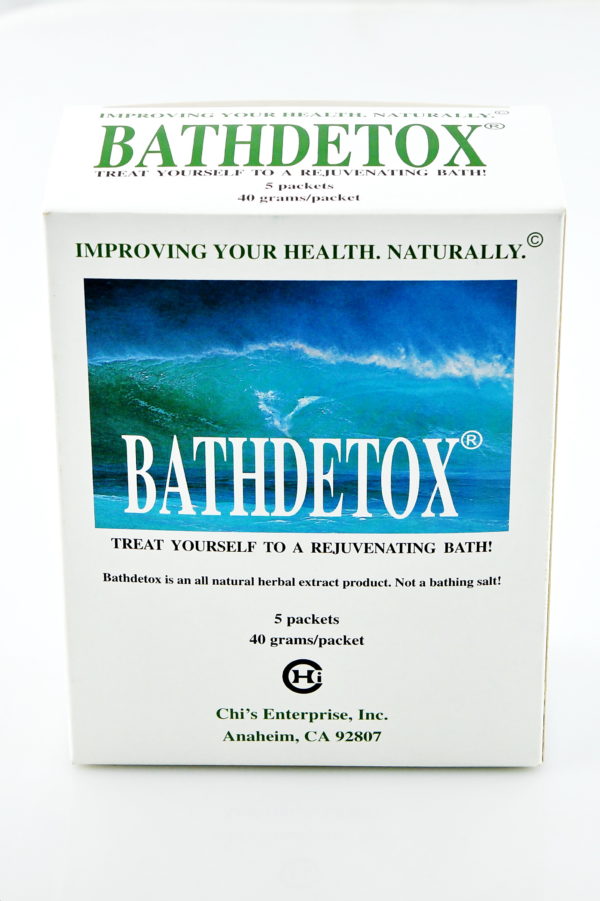by Glen Depke
Neurological dysfunction is becoming a significant issue in our culture. The challenge is that most of these challenges can be addressed with lifestyle changes. Another issue is that most do not understand the red flags for neurological dysfunction.
This subject really hits home for me since I was diagnosed as an epileptic earlier in my life and both my maternal grandmother and mother have had severe dementia. The good news on my diagnosed epilepsy is the fact that this is no longer an issue for me, due to the fact that I addressed all the underlying factors that lead to this neurological dysfunction. Actually, this is the very reason for my passion in assisting others in finding their personal health and happiness.
Let’s first look at some typical symptoms of neurological dysfunction that may be recognized long before you would ever be diagnosed with a neurological disease.
- Burning feeling
- Fainting or change in level of consciousness or lethargy
- Involuntary muscle contractions
- Muscle weakness
- Numbness
- Pain from an origin that does not usually cause pain or that follows the course of a specific nerve
- Paralysis or inability to move a body part
- Pins-and-needles (prickling) sensation
- Sensitivity
- Tingling
- Difficulty chewing
- Digestive problems
- Loss of bladder or bowel control
- Nausea with or without vomiting
- Change in level of consciousness or alertness, such as passing out or unresponsiveness
- Difficulty swallowing
- Dizziness or vertigo
- Garbled or slurred speech or inability to speak
- Loss of muscle coordination
- Respiratory or breathing problems, such as shortness of breath, difficulty breathing, labored breathing, wheezing, not breathing, choking
- Seizures
- Sudden paralysis or inability to move a body part
We can also look at a list of the most common diagnosed neurological disease. Note that there are more than 600 known diagnose neurological challenges. These are the most common.
- Alzheimer’s
- Amyotrophic lateral sclerosis (ALS)
- Autism
- Cerebral Palsy
- Dementia
- Dyslexia
- Epilepsy
- Huntington’s
- Migraine
- Multiple Sclerosis
- Parkinson’s
- Stroke
- Traumatic Brain Injury
With this knowledge, it is now important to look at the common lifestyle challenges that create these issues for you. It is imperative that you address this now, rather than waiting until you find yourself with some serious issues.
Common causes of neurological dysfunction.
- Prolonged exposure to toxins such as lead, mercury, and other metals
- Gluten intolerance
- Cross reactive intolerance
- Adrenal insufficiency
- Excitotoxins
- Infection
- Nutritional deficiencies, especially of thiamine, niacin, and vitamins E, B1, B6 or B12
- Gastro-intestinal disorders
- Slipped vertebral disks or other spine conditions
- Compression, crushing or severing of nerves
- Detachment of nerves from the spinal cord
- Medication side effects
- Past head trauma
- Human immunodeficiency virus (HIV) infection
- Lyme disease (inflammatory bacterial disease spread by ticks)
- Other bacterial and viral infections of the brain or meninges (membranes lining the brain and spinal cord)
- Systemic lupus erythematosus (disorder in which the body attacks its own healthy cells and tissues)
- Varicella-zoster virus infection (virus that causes chickenpox and shingles)
- Alcohol abuse
- Diabetes (chronic disease that affects your body’s ability to use sugar for energy)
- Hormonal disorders such as hypothyroidism (underactive thyroid)
- Vascular disorders
- Encephalitis (inflammation and swelling of the brain due to a viral infection or other causes)
Let’s look at the first ten on this list and discuss what you can do about these leading causes of neurological disorders.
Prolonged exposure to toxins such as lead, mercury, and other metals
Many people are living with heavy metal toxicity. In my opinion, a urine porphyrin test is the best way to assess your likelihood of metal toxicity. Mercury tends to be the most common as well as the most damaging as this metal is a known neurotoxin. Metal detoxification would be recommend but only after you have any potential silver amalgam fillings removed prior to detoxification. As a special note, you want your silver amalgams removed by a holistic or biological dentist that is trained in proper removal. If these are not removed properly, this could lead to further mercury damage. I would also recommend that you test your blood/brain barrier function prior to detoxification with a GABA challenge.
Gluten intolerance
For those with a gluten intolerance that continue to consume gluten, this creates gut inflammation and other gut challenges that also lead to challenges with neurological function. I would suggest assessing your likelihood of gluten intolerance here, and if this is likely a challenge for you, it is of utmost importance to remove gluten from your diet. The link above also contains a foods list for gluten products. Learn more about gluten here.
Cross reactive intolerance
A gluten intolerance that is not addressed over time can lead to gluten cross reactive intolerance. To understand the role that cross reactive food plays in regard to neurological dysfunction, I would recommend a Cyrex Labs gluten cross reactive food testing.
Adrenal insufficiency
While your adrenals play a role in the whole of your body, there are some specific areas of adrenal function that play a significant role in neurological dysfunction. This would tie into detoxification, blood/brain barrier function, inflammation, and neural connectivity. Learn more about your adrenal function here.
Excitotoxins
Excitotoxins have been shown to create neurological dysfunction and break down your blood/brain barrier. The most common excitotoxins are MSG, hydrolyzed vegetable proteins and aspartate (NutraSweet.) It will be imperative for you to remove these from your diet.
Infection
Infection is a challenge for so many of my clients. The most common infections that I see on a consistent basis are gut related. A comprehensive stool test would play a significant role in understanding the pathogen issue for you. For other function in your body, I find the use of Applied Kiniseology to be a very valuable tool.
Nutritional deficiencies, especially of thiamine, niacin, and vitamins E, B1, B6 or B12
Typically these deficiencies are tied into poor digestion. I would review gluten, cross reaction and infection above. I would also share that for proper digestion, the use of the Depke Wellness 1,2,3 of Digestion would be a key for you. This is the combination of a Prebiotic/Probiotic Formula, Prime Digestive Support and Prime Stomach Acid Support.
Gastro-Intestinal Disorders
See nutritional deficiencies above.
Slipped vertebral disks or other spine conditions
This is best addressed with a quality chiropractor. Personally I see a chiropractor that utilizes a form of treatment known as KST. You can find a KST chiropractor in your area of for those in Orange County visit this link.
Compression, crushing or severing of nerves
See the paragraph above and I would also recommend the use of DRX. For more information on DRX visit this link.
Medication side effects
This one is simple, yet can be so difficult for so many. Take care of your body and find your balance so you can eventually get off the medications that are creating neurological side effects for you. This is the whole concept of natural health.
Past head trauma
If you have had past head trauma, you may be dealing with long term brain inflammation and brain damage. Thankfully there are protocols to assist your body in releasing brain inflammation and supplements that can assist the brain in healing. A common recommendation for me is the use of VeinLite to improve circulation to the brain, Oxypower to assist in oxygen uptake in the brain and BrainE, which very simply is brain food (high in DHA.)
Addressing these areas listed above will go a long way in allowing your to forego neurological dysfunction.
If you have any comments or questions in regard to this article, leave a post below for me to address personally.












